Empaths tend to freeze around inauthentic people, more often than they would like to. Something about inauthentic people always tends to make them wary and apprehensive.
Have you ever spent time with someone who on the surface seems as nice as pie, but when with them you feel awful and struggle to form a sentence?
This discomfort is caused by your Empathic antenna sensing all is not what it seems. You are detecting that what this person is showing is a fake persona created to hide something from others.
When an Empath comes across fake people it is common for them to shut down as a form of protection. This can be seen as stumbling over words or one’s memory and thought process being affected. Anyone who is not emanating truthful vibes will put an Empath on high alert.
In my days as a hairdresser, I could never understand why when I was with certain clients, who came across lovely, I would get awful feelings inside. It was only when I discovered I was an Empath that it all made sense to me. I was feeling their pain that they were hiding in fake behavior.
There are many levels of falseness and many reasons for it. In the early days of discovering one’s Empathic abilities, it may not always be easy to pinpoint just why someone feels so bad to you.

Here are some traits and behaviors that may leave you feeling awful
1. Someone who wants to be loved by everyone they meet acts overly nice to get adoration.
2. Someone being filled with hate or anger yet working hard to convince the world otherwise.
3. Someone having had an emotionally destructive childhood leaving them insecure and in pain, yet playing the tough guy.
4. Someone building a totally new personality to hide the person they believe will not be accepted by society.
5. Someone being full of insincere praise for you.
6. Someone making up stories to make themselves sound interesting.
Related: 5 Ways Empaths Can Protect Themselves from Toxic Energy
And this is how you may find yourself reacting:
1. Avoiding being in their presence, yet not really having a reason to do so (as in they did not say or do anything to hurt you).
2. Not being able to talk to them. Sentences literally won’t form in your mouth and your brain acts like you have no memory. You find yourself just asking questions and if you do talk it feels like it makes no sense.
3. Having a sense of dread in the pit of your stomach that won’t go until you are no longer in said person’s presence.
4. Any more than an hour spent in their company will drain you and leave you feeling ill.
5. Feeling guilty because you may like the person but dislike how it feels to be with them.
6. Feeling helpless around them.
Now just because an Empath feels fakeness and untruths in another does not mean they do not fake themselves. For some, when they feel bad around a faker it may mean they are picking up a trait they do not like about themselves and they too hide it from the world.
We all have to put a face on and act fake at some point in our lives, but for some, it’s every day. We may have to be upbeat and happy when we feel sad or depressed, we may have to act annoyed when we are actually indifferent or we may have to pretend to love a job we actually detest. In some cases faking it can get us through difficult situations, but living it daily is not healthy.
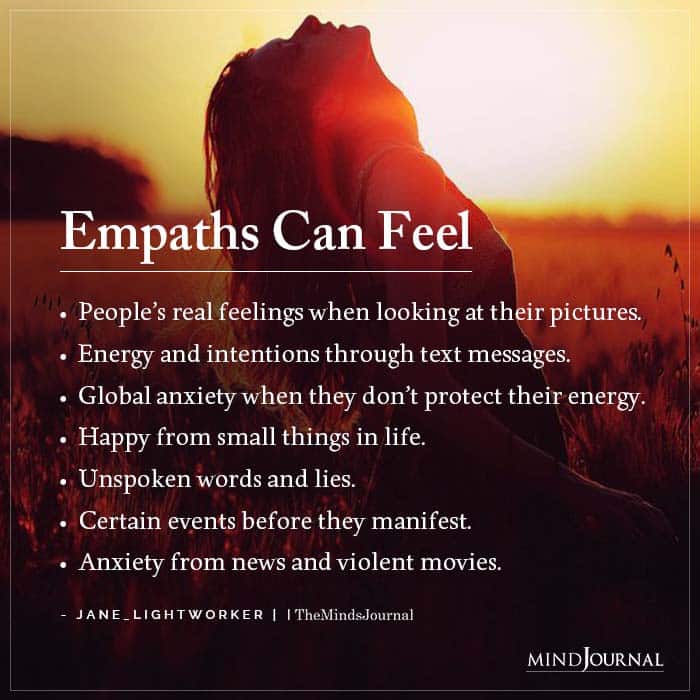
It is important for the Empath to uncover any hidden traits and emotions, because whilst we bury a side of us we do not like we will never be happy or feel complete. However, the problem we have is that many of us do not know the root cause.
One of the biggest causes of unhappiness on this planet is people not knowing themselves and when we hide a side of us from others without knowing the reason, it will cause us pain. Being true and authentic is emotionally freeing. Quite often, many of the traits we buried have in fact been inherited and passed down the family line or they may even be from a past life. Wherever they stemmed from it is important for us to uncover these traits, and if they can’t be changed (some traits are hardwired), accept and learn to live with them.
Related: The 5 Powers Of Empaths
Sensitive people will bury negative traits because we know how destructive they are but burying them does not lose them. They will always show up and cause damage.
Hate, anger, jealousy and fear of rejection are four traits most often buried.
We may hate someone for the way they have behaved towards us. Anger may have been inherited from an angry parent. Praise and attention being bestowed on a childhood friend or sibling may have led to a jealous streak, and being rejected as a child, by an unknowing parent, may have built up inside as an intense fear of rejection. All very simple and innocent triggers, but all of which can snowball and lead us to have deep-set insecurities that we feel have to remain hidden.
There is also the fact to consider that many of the traits we bury have in fact been inherited and passed down the family line or they may even stem from a past life. Wherever they originated, it is important to uncover buried fears and true personality traits, and if they can’t be changed (some traits are hard-wired), accept and learn to live with them.
Being true and authentic is emotionally freeing. Once we recognize and accept any negative traits we have buried, they tend to lose their hold.
Hope this helps on your journey.
Until next time.
Diane.
Written by Diane Kathrine, follow her website to read more of her writings here theknowing1.wordpress.com Featured image by Erika Kunh (edited)

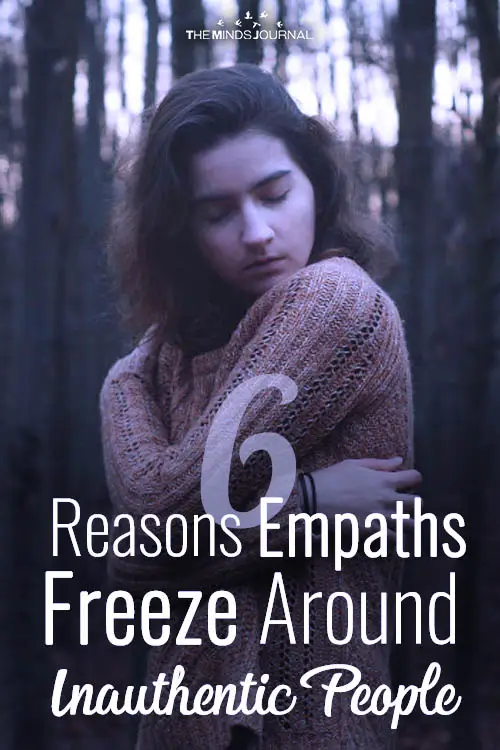



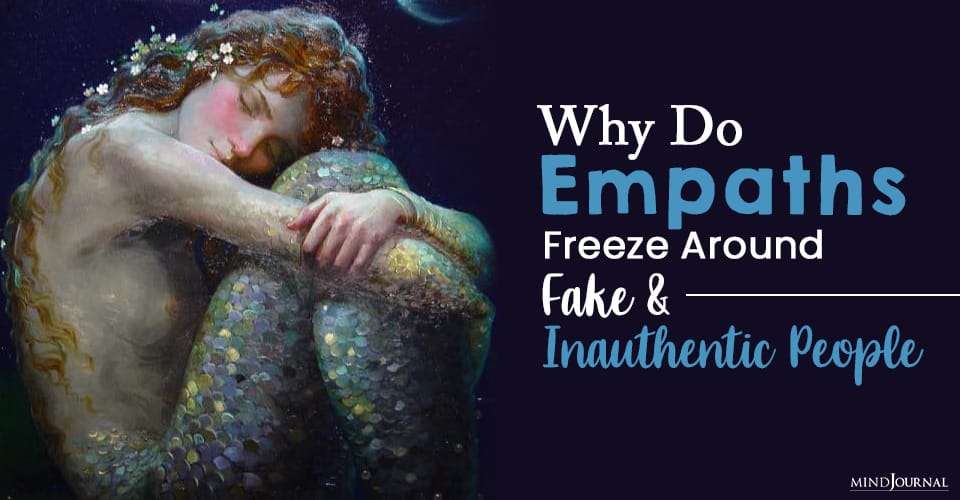

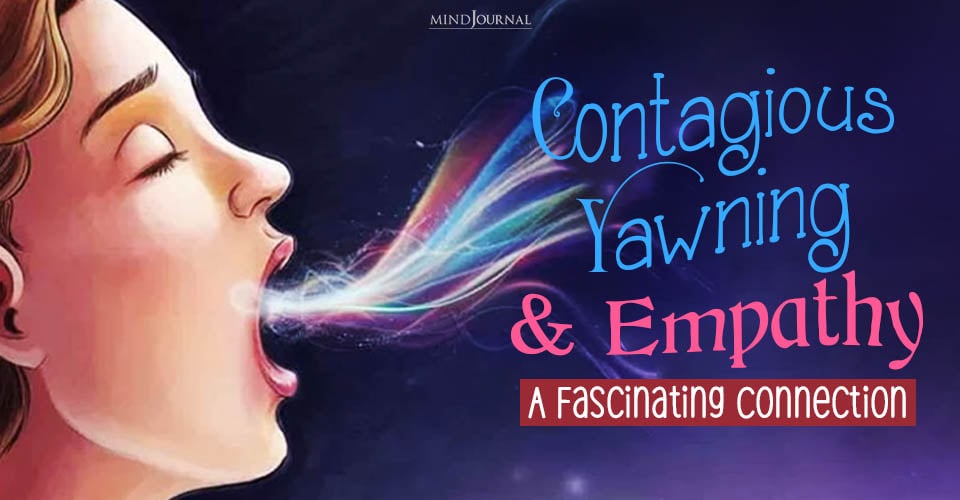
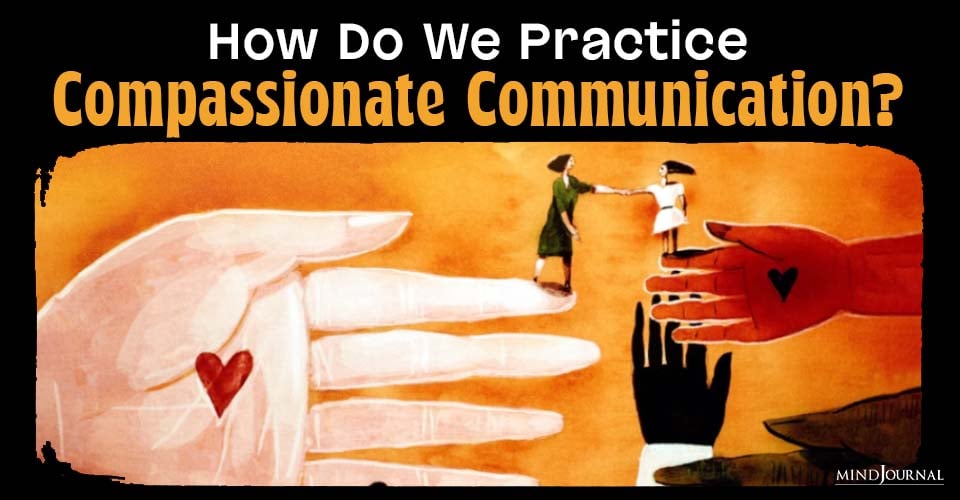


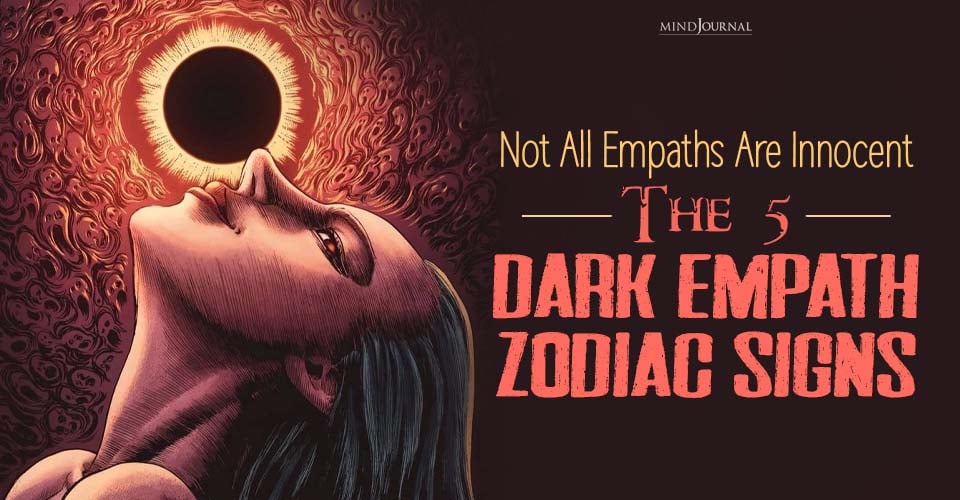

Leave a Reply